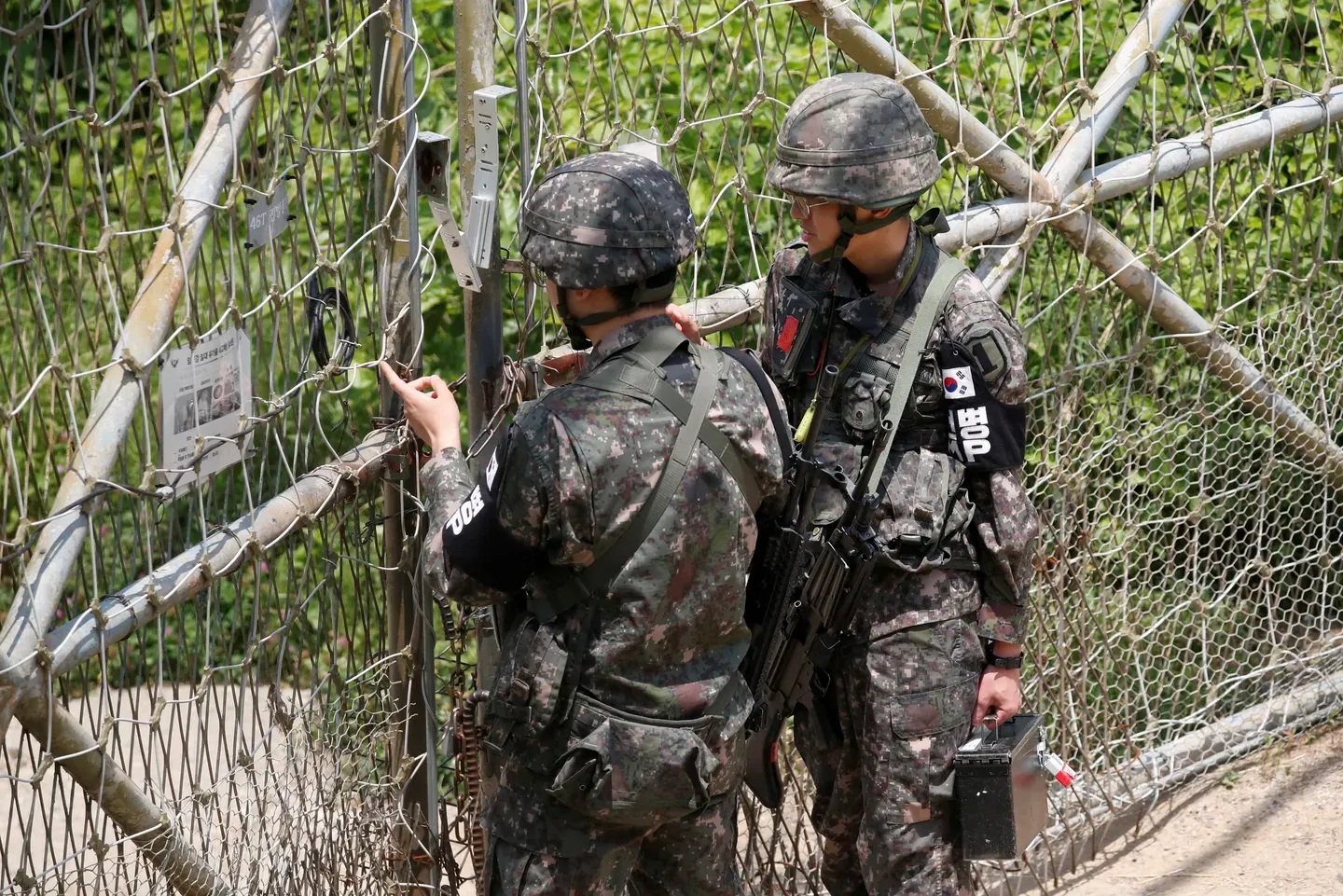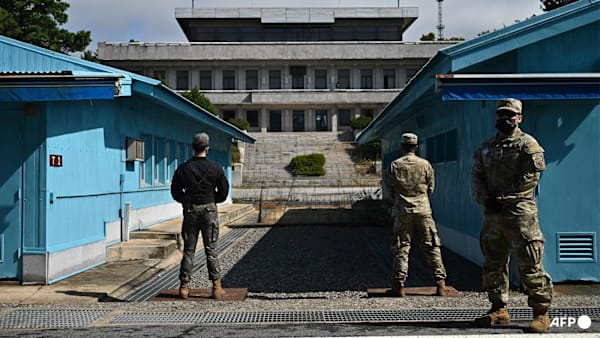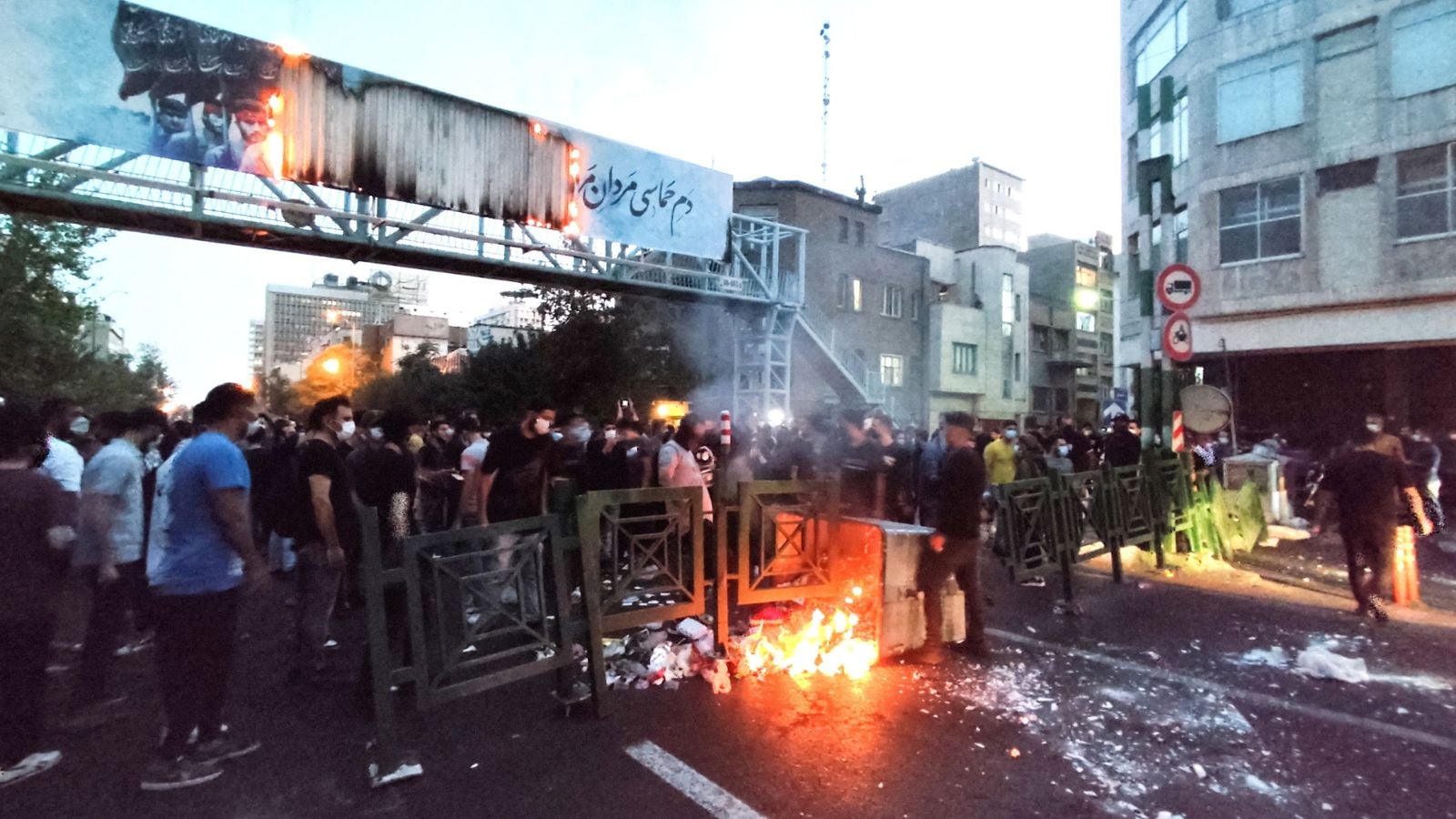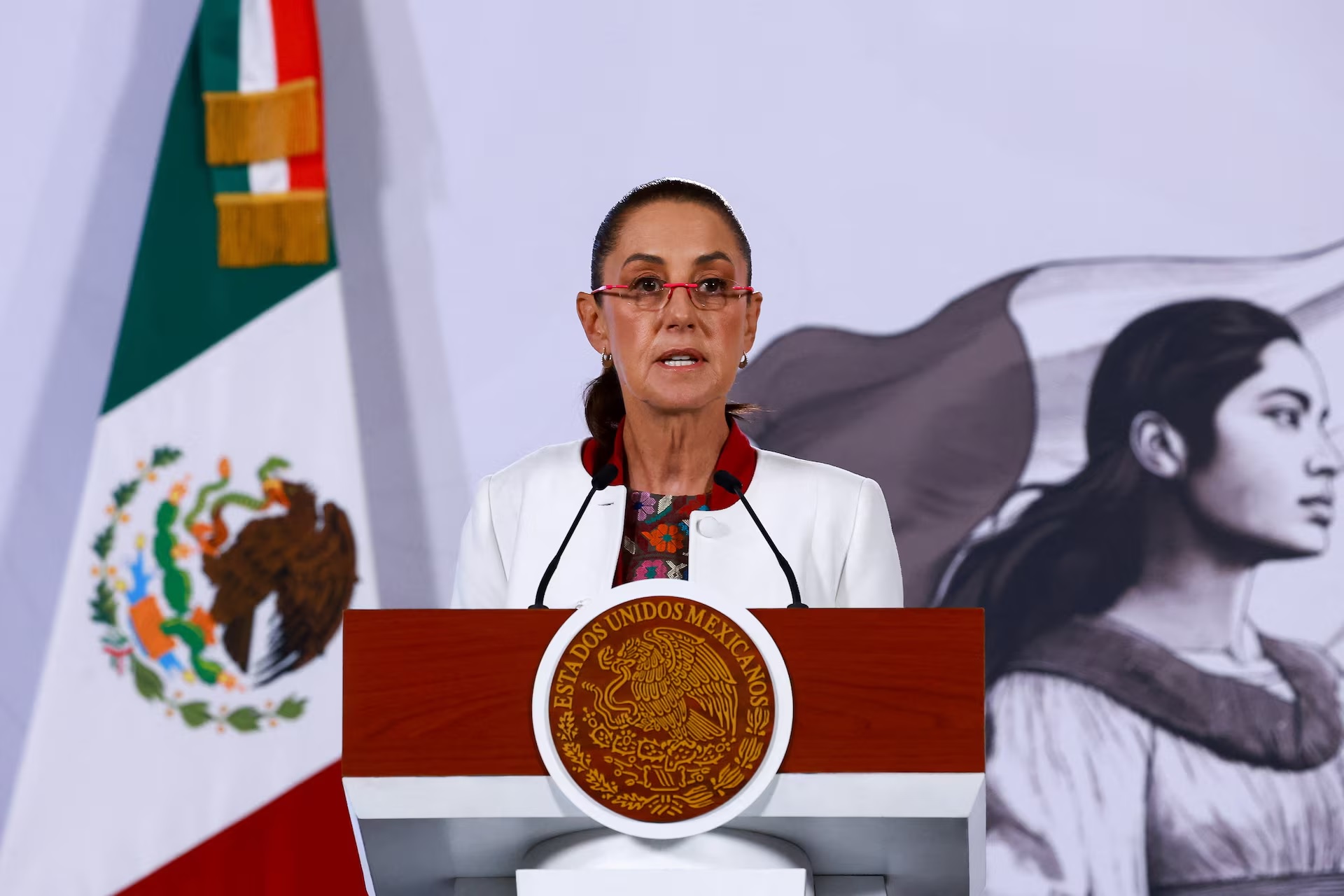Seoul Proposes Military Talks as Tensions Spike Along DMZ

Offer aims to stop accidents on fortified frontier
South Korea has formally proposed fresh military talks with North Korea to prevent accidental clashes along one of the world’s most heavily armed borders. The Defense Ministry in Seoul said the offer focuses on re-establishing working-level communication channels and updating protocols to manage sudden incidents on land, at sea, and in the air. Officials warned that recent artillery drills, drone flights and propaganda balloon launches have raised the risk of miscalculation near the Demilitarized Zone (DMZ).
The proposal comes after months of tit-for-tat moves that have eroded the limited trust built since the 2018 inter-Korean military accord. North Korea has restored guard posts, moved more troops and heavy weapons closer to the frontier and carried out live-fire drills near contested waters. South Korea has resumed some surveillance activities it had previously scaled back under past agreements, arguing that the security environment has “fundamentally changed.” Washington has backed Seoul’s call for dialogue while stressing that its alliance commitments remain “ironclad.”

North Korea silent as political stakes rise
So far, Pyongyang has not responded publicly to the offer. State media instead has focused on missile development and denunciations of joint U.S.–South Korea military exercises. Analysts say Kim Jong Un may be reluctant to reopen talks that could limit his ability to stage dramatic shows of force, from artillery salvos to ballistic missile tests, as he seeks leverage with both Washington and Seoul. At the same time, North Korea has economic incentives to avoid a serious crisis that could trigger tougher sanctions or disrupt limited trade with neighboring countries.
For South Korea’s government, the outreach is also aimed at calming domestic anxiety after several high-profile incidents along the frontier. Residents in border towns have raised concerns over falling debris, siren alerts and the economic impact of prolonged tensions on tourism and local business. Security experts say even a minor clash could spiral quickly given the concentration of artillery and rockets near Seoul, home to nearly half of South Korea’s population.
Regional powers including Japan and China are watching closely, mindful that a misstep on the peninsula could reverberate across Northeast Asia’s trade routes and security architecture. Diplomats say any resumption of military dialogue, even limited to crisis-management hotlines, would be a modest but meaningful step toward reducing the risk of unintended conflict at a time when both Koreas are accelerating their weapons programs.






















